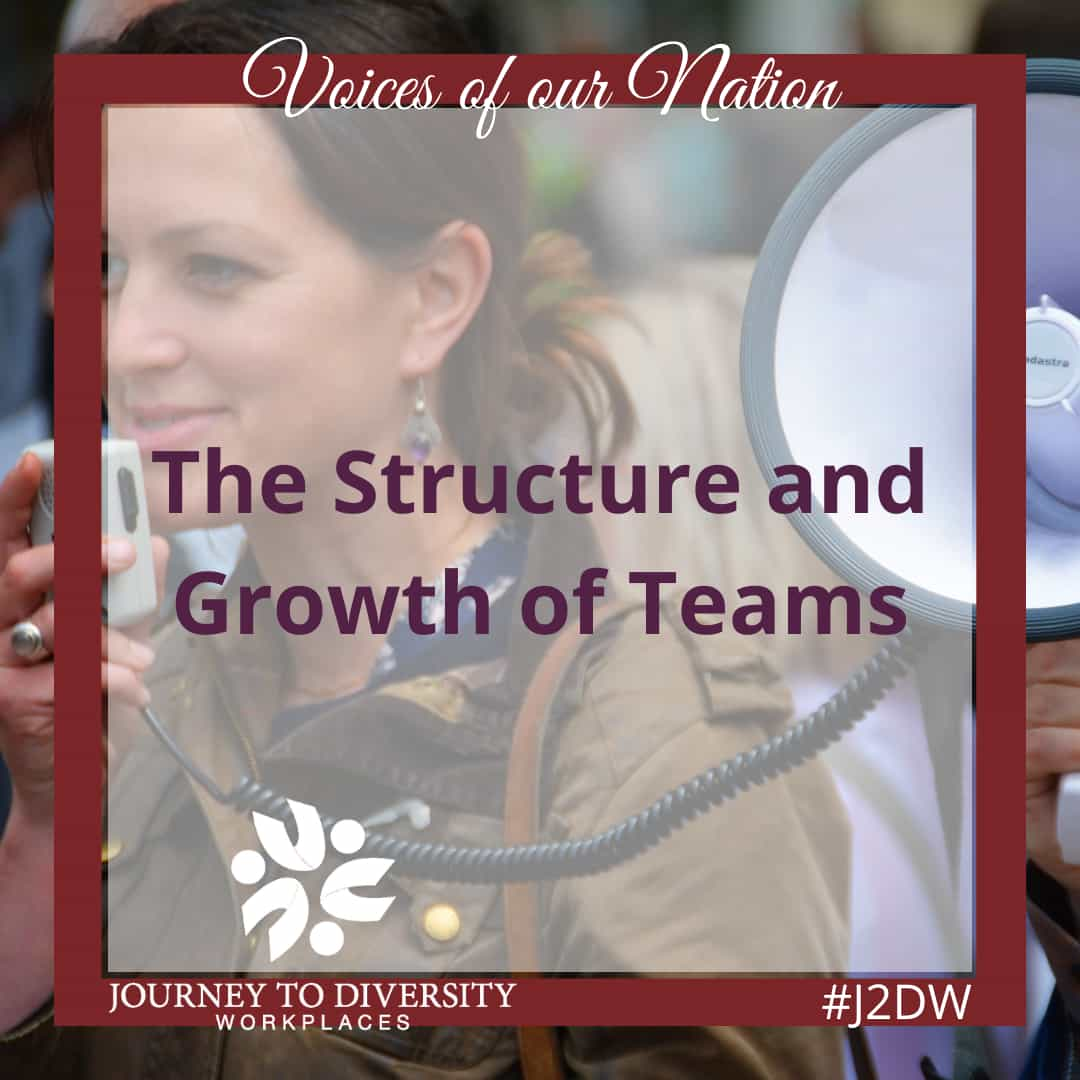Talent wins games, but teamwork, and intelligence win championships. – Michael Jordan
Few things are as important as teamwork and the intelligence required to steer the team. From the systems of government to the microchip that processed this document for you to read, all of humanity’s greatest achievements came from groups of people working together. Let’s look at team formation and the benefits of dialling in the social parameters surrounding them.
In the beginning a group may be formed from the shared interests of its members. To become a team, there must be an underlying goal that is to be accomplished. Most teams are built of members that hold complementary skills to each other and hold each other accountable for the success of the group. There are a variety of theoretical models that describe the formation of groups. The general idea is that groups progress from their initialization to their end moving through common steps along the way. In the beginning, they must organize themselves for the task ahead and sort out any conflicts. Once the way is clear the group can move on to their purpose and focus on the achievement of the goal.
It’s highly possible for a team to have multiple leaders that split management tasks amongst themselves. The effectiveness of a team depends significantly on two factors: norms of behaviour and group cohesion. Norms of behaviour are a cultural benchmark for action. The signals for what is acceptable and unacceptable might come from within the group; this would be known as an organizational subculture. They may also come from the organization itself. These norms will influence several dimensions of performance as they define the competitiveness, values, and adherence to policy within the group.
Group cohesion is the level of influence members have over each other to hold each other accountable for the success of their mission. Cohesion typically forms over time as members get to know each other and the accepted norms at play. Cohesion is a powerful factor that is often planned for by business leaders that are attempting to maximize results.
Team building is an important activity that we have all engaged in at one point in time or another. The focus is to develop group cohesion, define role expectations, and develop interpersonal relationships. Exercises where we introduce ourselves and talk a bit about ourselves help to get the ball rolling but there are many more options; many of which don’t shy away from making fun their primary function. Fun can certainly bond people together.
Teams come with their own sets of advantages and disadvantages. Diverse teams can bring many perspectives into focus on a single problem, opening the door to greater innovation and creativity. Groups also have the benefit of being able to check their own work. Whereas an individual may not be able to see their own mistakes a group has more opportunity to clean up after each other. When a team is functioning well it can produce more work in a shorter period than an individual may. When the team is not coordinating so well it is entirely possible to be less productive, known formally as a process loss. Teams also bring fulfillment to individuals through shared achievement.
Studies have shown that teams frequently do worse than individuals do. What gives? Here are the main problems: Poorly defined team goals can cause the group to have a hard time falling into step towards their goals. Weak leadership leads to poor coordination and lack of direction and so is a necessary pillar of success. Team members must do their part to make the teamwork, if too much time is spent resolving conflicts or developing relationships the team itself can falter. The challenges of coordination can drag a team down with their sheer gravity. Performing as one can be very demanding to get right. Lastly an imbalance between collectivism and individualism can stifle the individual’s voice which will silence the innovative benefits of a diverse team.
In the end, a team requires a lot of work to perform at its peak potential. It’s important to know what it takes to develop and run a team, or you can quickly find yourself wishing you had just left it to the individual. To quote Henry Ford “[if] everyone is moving forward together, then success takes care of itself.”. Teamwork makes the dream work, but you have to get that team locked in and ready to perform.
References
ORGB. (2020) Nelson, Quick, Armstrong, Roubecas, Condie.
This article was written by summer student Adam Best and edited by summer student Hannah Mastin. This article was funded by the Government of Canada.

